Have you ever discovered your self sniffling and sneezing, thinking if that pounding sinus contamination ought to unfold for your own family or pals? I get it—it’s a nagging fear, especially while you’re surrounded by using loved ones or stuck in a crowded office. A at the same time as returned, my pal Jamie texted me in a panic: “I’ve were given a sinus infection, and my youngster’s party is tomorrow. Am I going to get everybody ill?” It’s a query that pops up a lot, and sincerely, it’s really worth digging into. So, allow’s determine this out together—are sinus infections contagious, or is it safe to hug it out?
In this newsletter, we’re going to unpack the entirety you want to realize approximately sinus infections. We’ll cowl what they’re, whether they are able to unfold, the way to spot one, and what you may do to sense better speedy. Plus, I’ll proportion some sensible recommendations to keep your sinuses happy and wholesome. Grab a cup of tea, get comfy, and let’s dive in!
What’s a Sinus Infection, Anyway?

First matters first—let’s get clean on what we’re dealing with. A sinus contamination, or sinusitis, happens while the tissues lining your sinuses get infected. Your sinuses are those little air-filled pockets for your forehead, cheeks, and at the back of your nostril. They’re pretty cool—they help humidify the air you breathe and even supply your voice a chunk of man or woman. But when they’re indignant or blocked, it’s an entire distinct story.
Sinus infections come in two flavors:
- Acute sinusitis: This is the short-term kind, usually lasting less than a month. It often shows up after a cold or some other viral bug.
- Chronic sinusitis: This one’s a stubborn guest, hanging around for 12 weeks or more. It might be tied to allergies, a funky nose structure, or repeated infections.
Here’s a wild stat: according to WebMD, sinusitis hits about 31 million Americans every year. That’s a ton of people dealing with stuffy noses and achy faces! You might notice symptoms like nasal congestion, thick mucus (sometimes yellow or green), facial pain or pressure, and maybe even a dulled sense of smell. Sound familiar? If so, you’ve probably wondered about the contagious part—let’s tackle that next.
Are Sinus Infections Contagious? The Real Scoop

Okay, here’s the big question: can you pass a sinus infection to someone else? The short answer is no, sinus infections themselves aren’t contagious. But—and this is a big but—the stuff that causes them can be. Let’s break it down so it makes sense.
Viral Sinus Infections: The Contagious Culprit
Most sinus infections start with a virus—think of the usual suspects like the rhinovirus (the cold virus) or the flu virus. These little troublemakers are super contagious. They spread through tiny droplets when someone coughs, sneezes, or chats too close. You can also pick them up by touching something germy—like a doorknob or your phone—and then rubbing your eyes or nose.
Here’s the twist, though: catching the virus doesn’t guarantee you’ll get a sinus infection. You might just end up with a runny nose or a scratchy throat instead. It’s only when that virus clogs up your sinuses, trapping mucus and causing inflammation, that sinusitis kicks in. So, while the virus can spread like wildfire, the sinus infection itself? Not so much. As Harvard Health puts it, “Sinusitis isn’t contagious, but the virus that sparked it might be.”
Bacterial Sinus Infections: A Solo Act
Sometimes, a sinus infection goes bacterial. This usually happens after a viral infection lingers, and bacteria like Streptococcus pneumoniae decide to set up shop in your blocked sinuses. The good news? These bacterial infections aren’t contagious in the traditional sense. You can’t “catch” bacterial sinusitis from someone else’s sneeze. It’s more of a personal problem that develops when your sinuses are already out of whack.
The Cleveland Clinic explains that bacterial sinusitis often follows a viral cold when mucus gets stuck, creating a cozy spot for bacteria to grow. So, no need to worry about passing it around the dinner table.
Fungi, Allergies, and Other Oddballs
There are a couple of less common culprits too. Fungal sinus infections can happen, especially if your immune system’s not at its best, but they’re not contagious either. Then there’s sinusitis triggered by allergies or structural quirks like a deviated septum—these are all about you and your body, not something you can share. Bottom line: sinus infections don’t spread, but the viruses behind many of them sure can.
Sinus Infection vs. Cold: How to Spot the Difference
One of the sneakiest things about sinus infections is how much they can mimic a cold. I’ve been there—sniffling away, wondering if it’s just allergies or something more. So, how do you tell them apart? Here’s what to look for:
- How long it lasts: A cold usually wraps up in 7 to 10 days. If you’re still miserable after that—or if things improve and then tank again—it might be sinusitis.
- That facial ache: Colds can stuff you up, but sinus infections bring the pain—think pressure or soreness around your eyes, cheeks, or forehead. It might even hurt more when you lean forward.
- Mucus clues: Colds often mean clear, runny mucus. Sinus infections? You’re looking at thicker, yellow or green stuff that’s harder to shake.
- Extra signs: If your sense of smell takes a hit, your breath gets funky, or you’re just wiped out, those could point to a sinus infection.
Still unsure? Check out this handy comparison:
| Feature | Cold | Sinus Infection |
|---|---|---|
| Duration | 7-10 days | 2-4 weeks (acute) or more |
| Top Symptoms | Runny nose, sneezing, cough | Facial pain, thick mucus |
| Contagious? | Yes (viral) | Not directly |
If your symptoms are dragging on past 10 days, spiking a fever, or making your face feel like it’s in a pressure cooker, it’s probably time to call your doctor. Better safe than sorry, right?
How Doctors Diagnose Sinus Infections
So, what happens when you drag yourself to the doctor’s office? They’ll usually start by asking about your symptoms—how long you’ve been feeling off, what hurts, and what your mucus looks like (yep, they want the gory details). Then comes the hands-on part: they might peek up your nose for redness or swelling and press on your sinuses to see if they’re tender.
For most people, that’s enough to get a diagnosis. But if things are tricky—like if they suspect chronic sinusitis or something more serious—they might order a CT scan to peek inside your sinuses or use a nasal endoscope (a tiny camera on a tube) for a closer look. The Mayo Clinic says these extra steps are rare but can be super helpful when needed.
Feeling Better: Treatment That Works

Alright, you’ve got a sinus infection—now what? The good news is that most of them, especially the viral ones, will sort themselves out with some TLC. Here’s how to speed things along:
Home Remedies to the Rescue
- Rinse it out: A saline spray or neti pot can flush out gunk and ease congestion. Just use clean, distilled water—tap water’s a no-go here.
- Steam it up: Hang out in a steamy shower or hover over a bowl of hot water with a towel over your head. It’s like a spa day for your sinuses.
- Warm it down: A warm compress on your face can melt away that ache and help things drain.
- Chill and sip: Rest up and drink tons of water. It keeps mucus thin and your body strong.
Over-the-Counter Helpers
Need a little more oomph? Try these:
- Decongestants: They shrink swollen nasal passages, but don’t overdo it—more than a few days can backfire with worse congestion.
- Pain relievers: Pop some ibuprofen or acetaminophen to tame the pain. (Heads-up: skip aspirin for kids—it’s linked to a rare condition called Reye’s syndrome.)
When You Need the Big Guns
If bacteria are the bad guys, your doctor might hand you antibiotics. Take every last pill, even if you’re feeling better, to knock it out for good. For chronic cases, nasal sprays with corticosteroids can calm inflammation, and in rare situations, surgery might clear up blocked sinuses. The CDC suggests waiting a couple of days before antibiotics, since many infections clear up solo—smart advice to dodge resistance.
Most acute sinus infections fade in 2 to 4 weeks. If you’re still struggling after that, loop back with your doc.
Keeping Sinus Infections at Bay

Prevention’s the name of the game—why deal with a sinus infection if you don’t have to? Here’s how to stay ahead:
- Wash up: Scrub your hands like it’s your job, especially when colds are going around.
- Dodge the sickies: Keep your distance from anyone coughing up a storm.
- Tame allergies: Pop an antihistamine or steer clear of triggers like pollen or dust.
- Kick the habit: Smoking’s a sinus irritant—quitting’s a win for your whole body.
- Hydrate and humidify: Drink water and use a humidifier to keep things moist.
Here’s a fun fact: vaccines can help too! A flu shot or pneumococcal vaccine might stop infections that lead to sinusitis. Who knew a quick jab could save your sinuses?
Wrapping It Up: Sinus Smarts for Everyone
So, are sinus infections contagious? Nope, not directly—but the viruses that kick them off can be. Knowing this can help you manage your symptoms without stressing about turning your home into a germ fest. From washing your hands to steaming up your bathroom, you’ve got plenty of tools to fight back.
If your symptoms won’t quit or start feeling unbearable, don’t tough it out—chat with your doctor. And hey, if this cleared up some confusion for you, pass it along to a friend. Maybe it’ll save them from worrying at their next family gathering too. Here’s to clear noses and happy faces!

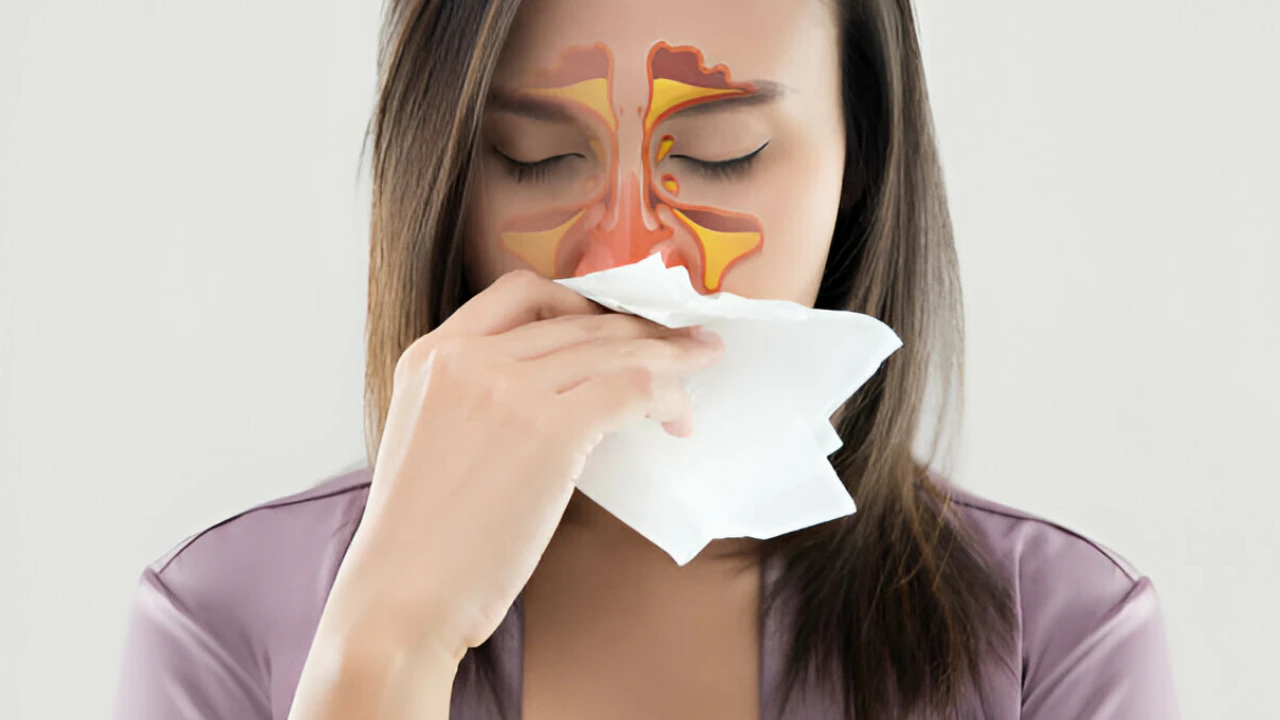






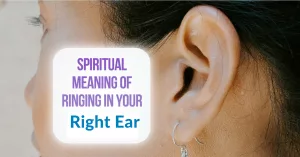
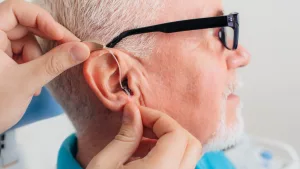




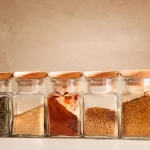




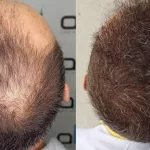





Leave a Reply
You must be logged in to post a comment.